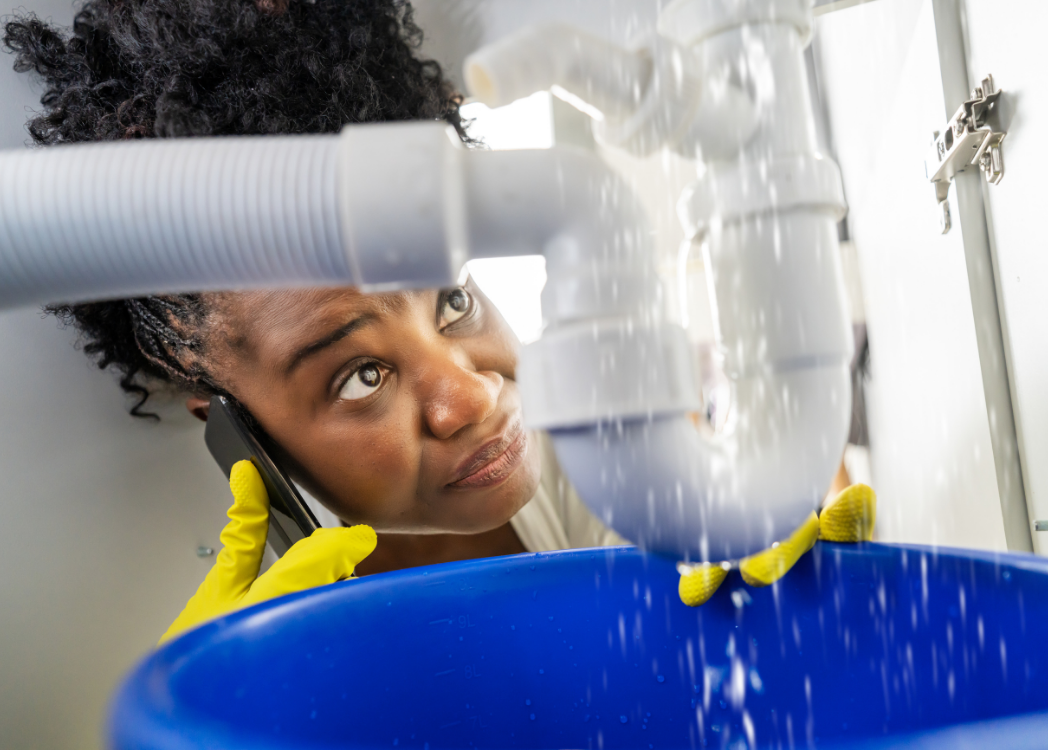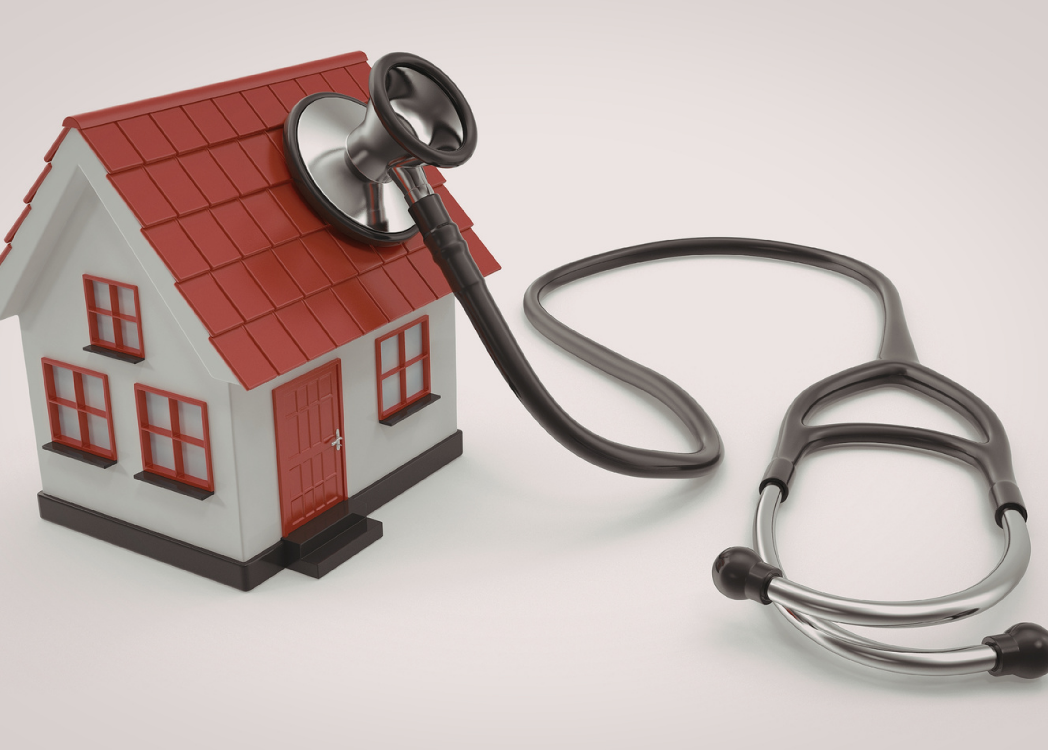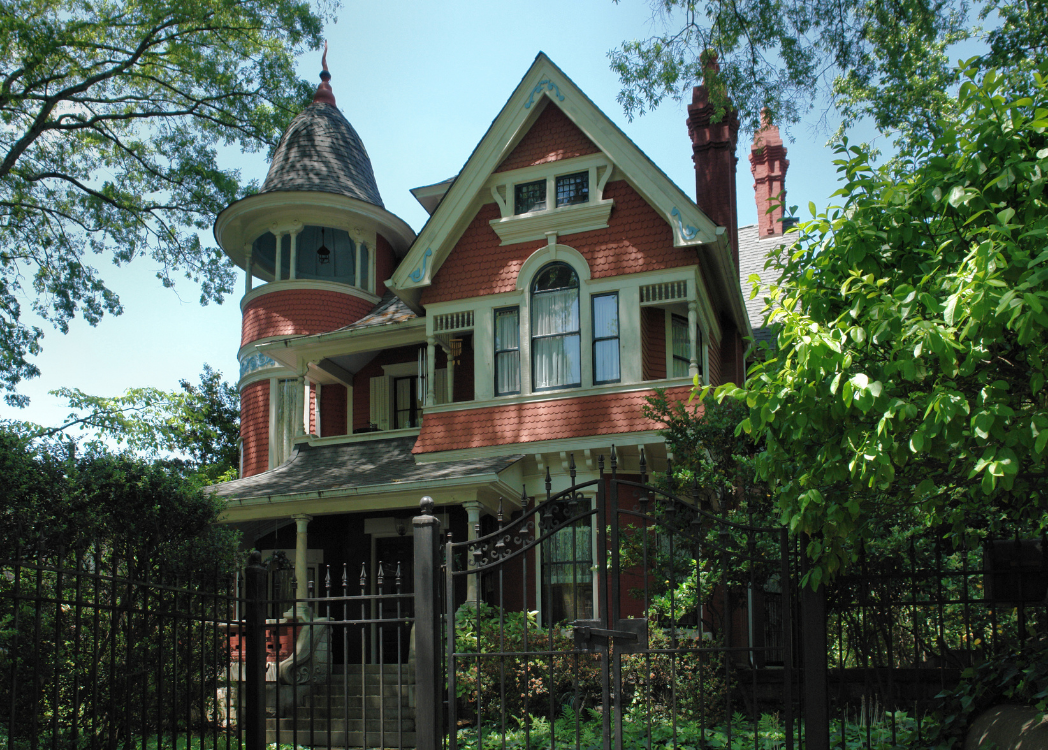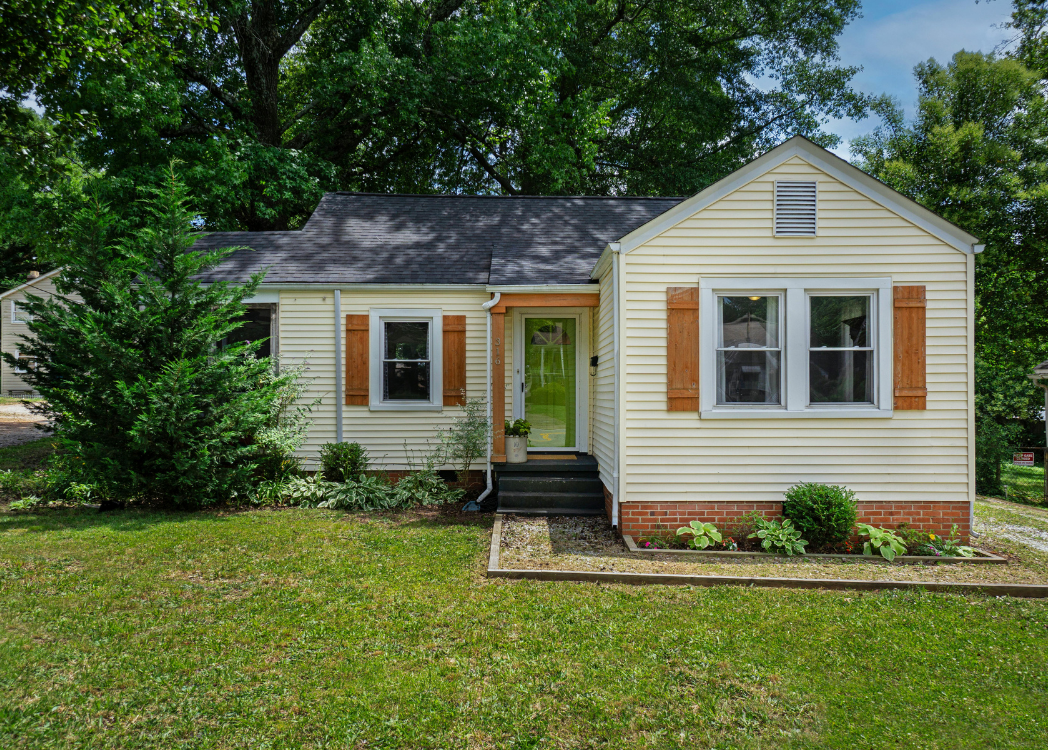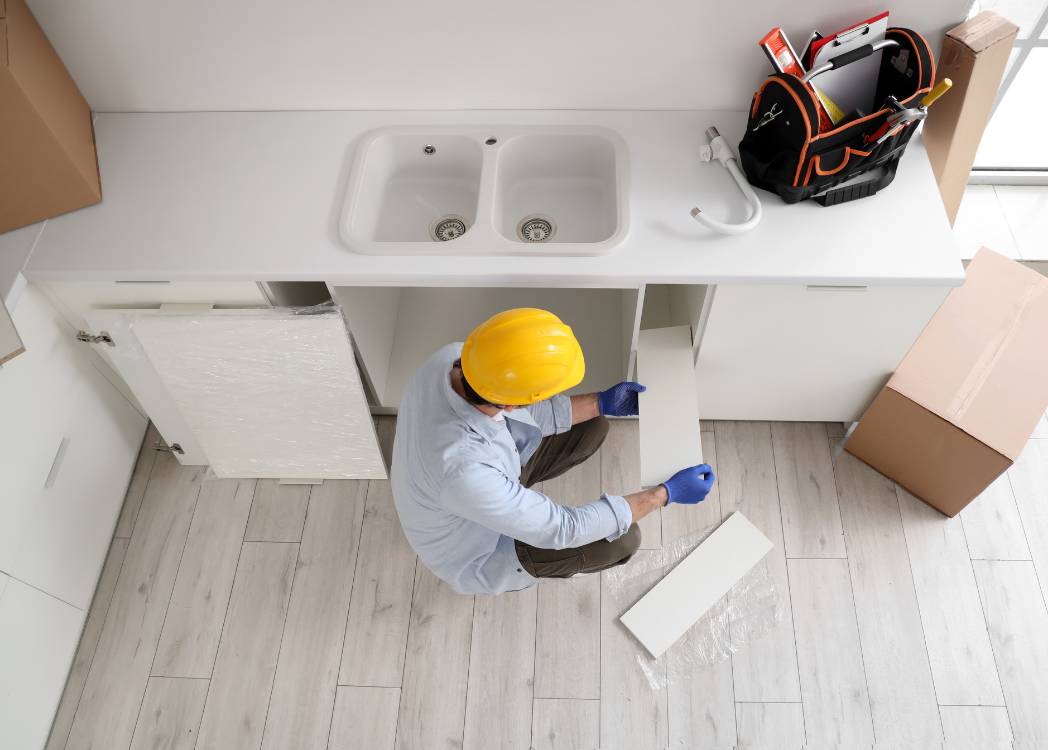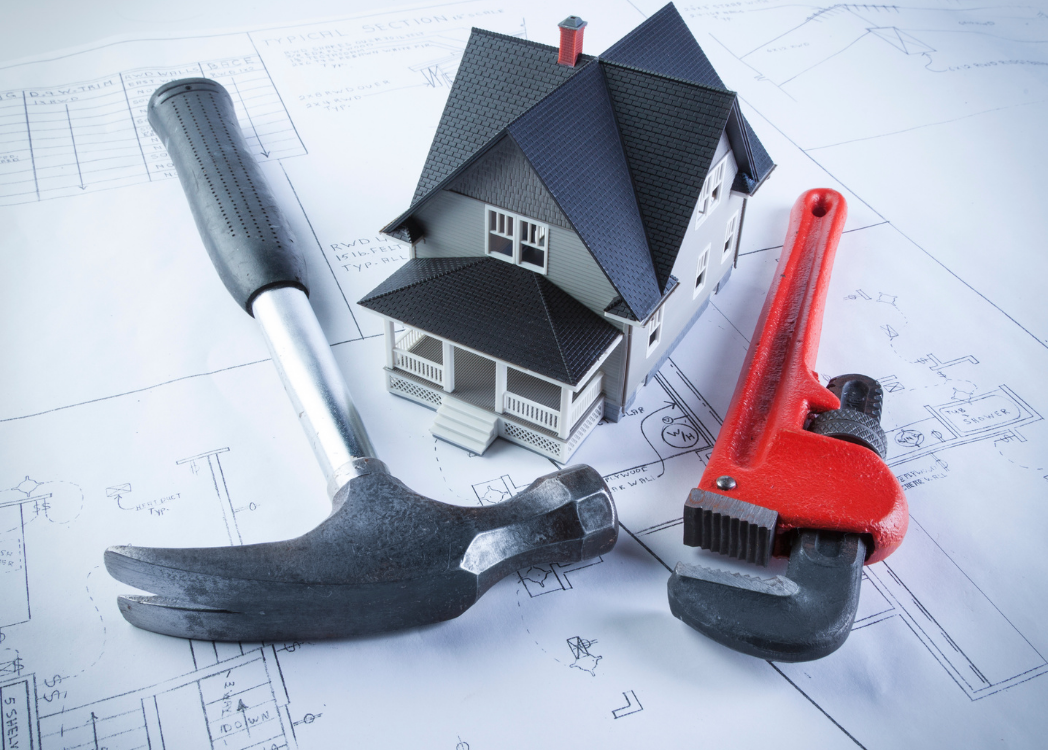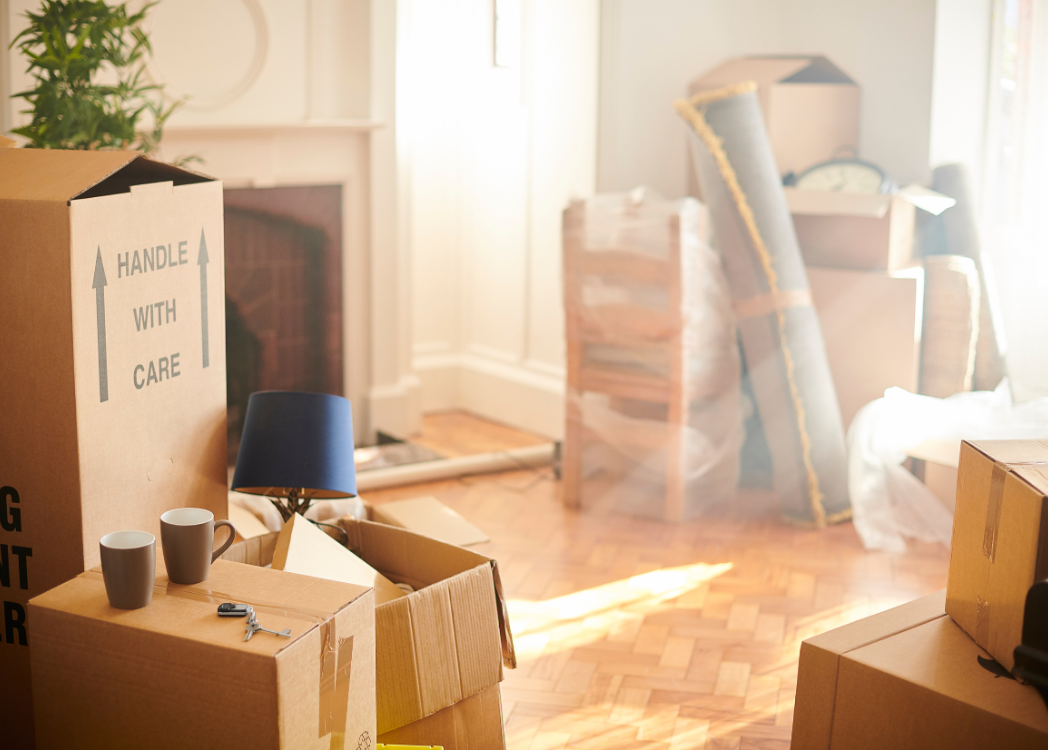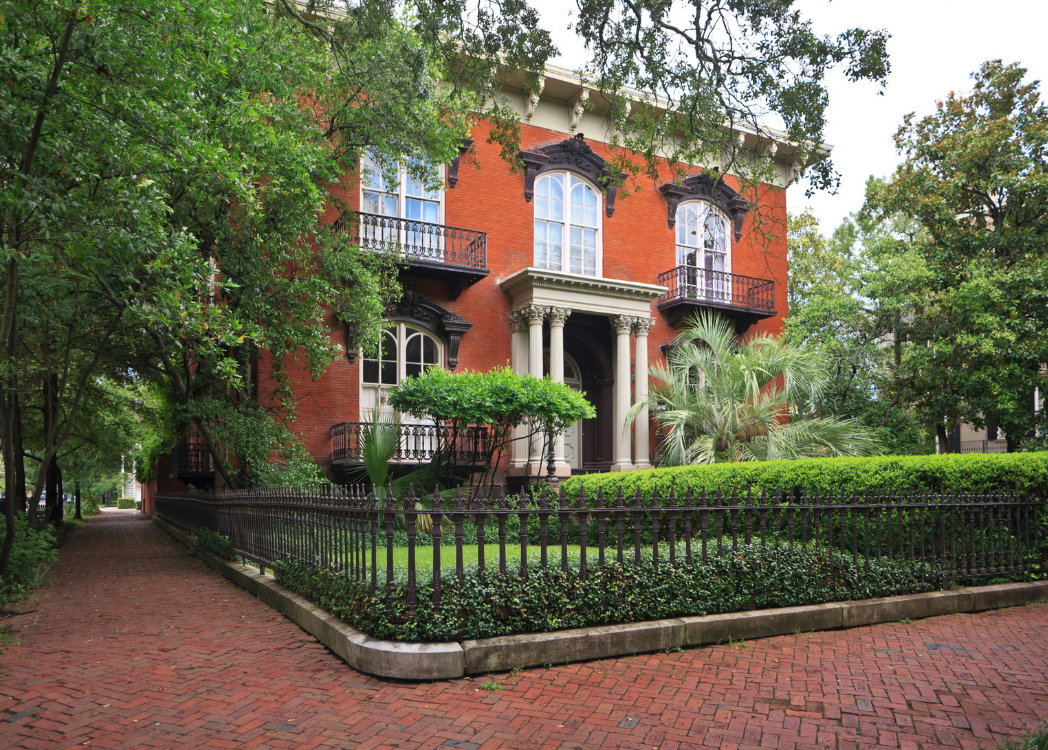Common Plumbing Noises and What They Mean
Not all plumbing noises spell disaster, but knowing which ones to ignore—and which to fix—can save you from leaks, bursts, and late-night stress.
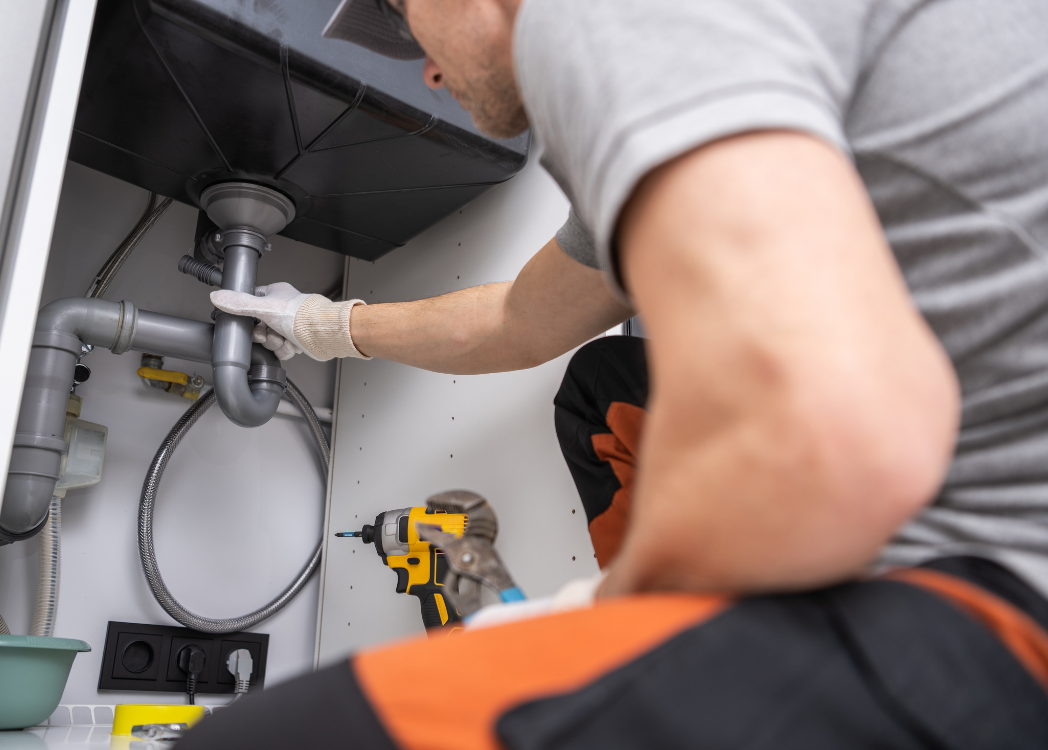
Why Pipes Make Noise
Plumbing is a dynamic system of water pressure, valves, and moving air. As water flows and stops, pressure changes can create vibration or sudden jolts that translate into sound. Materials expand and contract with temperature changes, and mineral deposits or clogs can disrupt smooth flow. Recognizing the sound is the first step to understanding the fix.
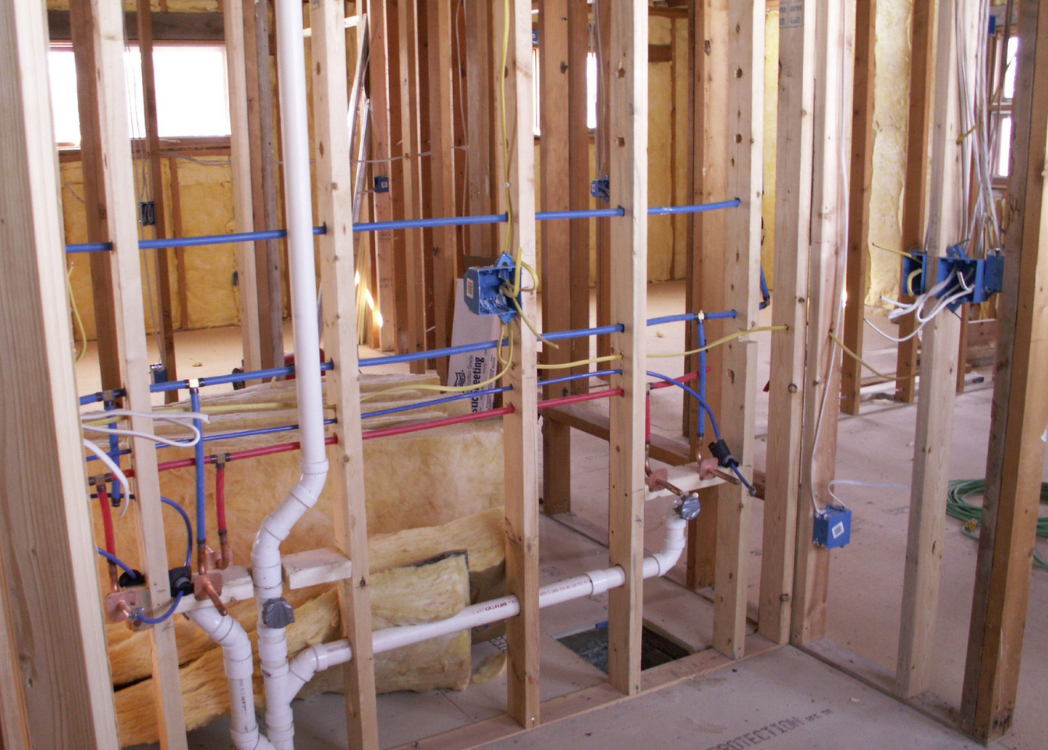
Water Hammer: Loud Banging or Thudding
What It Sounds Like: A sharp, echoing bang when a faucet shuts off or an appliance like a washing machine stops filling.
Cause: When fast-moving water is suddenly stopped, it creates a pressure surge that rattles pipes—aptly called “water hammer.”
DIY Fixes:
- Install inexpensive water-hammer arrestors at the offending appliance.
- Secure loose pipes with clamps or brackets to prevent movement.
- Slowly close valves to reduce sudden stops.
If the noise persists, have a plumber check for high water pressure or missing air chambers.
Gurgling Drains
What It Sounds Like: A slow gurgle or bubbling after water goes down a sink, tub, or toilet.
Cause: Usually a sign of a partial clog or a blocked vent stack. As water tries to drain, it pulls air through the trap, creating bubbles.
DIY Fixes:
- Use a plunger or a natural enzyme drain cleaner to clear minor clogs.
- Check exterior vent pipes for leaves or nests.
Call a professional if multiple fixtures gurgle—this could indicate a larger sewer line issue.
Whistling or Squealing Pipes
What It Sounds Like: A high-pitched whistle when a faucet is turned on or when the toilet refills.
Cause: Worn or loose internal parts—often a failing washer in a faucet or a faulty fill valve in a toilet.
DIY Fixes:
- Replace the washer or cartridge in the affected faucet.
- Swap out an aging toilet fill valve.
If whistling occurs throughout the house, have a plumber check for high pressure or partially closed shutoff valves.
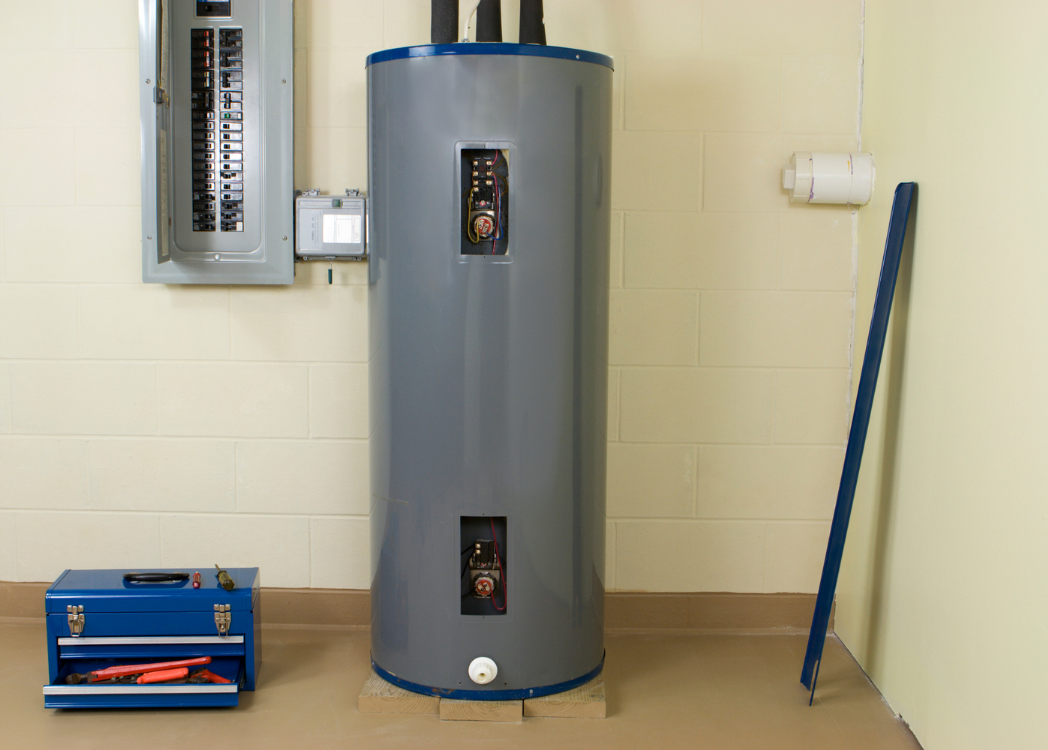
Hissing or Sizzling at the Water Heater
What It Sounds Like: A hiss or gentle sizzle near the tank.
Cause: Sediment buildup causes water to boil at the bottom of the tank, creating steam bubbles that escape with a hiss.
DIY Fixes:
- Flush your water heater annually to remove sediment.
- Check the temperature setting—120°F is recommended for efficiency and safety.
Persistent hissing may indicate a leak at a valve or fitting, which requires professional attention.
Rattling Inside Walls
What It Sounds Like: A vibrating or clattering noise behind walls when water runs.
Cause: Pipes that aren’t properly anchored can vibrate as water flows, especially when valves are partially closed.
DIY Fixes:
- Add foam pipe insulation where accessible.
- Secure visible pipes with cushioned clamps.
For hidden pipes, a plumber can add supports or adjust water pressure.
Dripping or Tapping
What It Sounds Like: A slow, steady drip even when faucets are off, or a rhythmic tapping that seems to come and go.
Cause:
- Dripping usually means a leaking faucet or a worn washer.
- Tapping often occurs when hot pipes expand and rub against framing as they cool.
DIY Fixes:
- Replace worn faucet components to stop drips and save water.
- Install pipe insulation to reduce expansion noise.
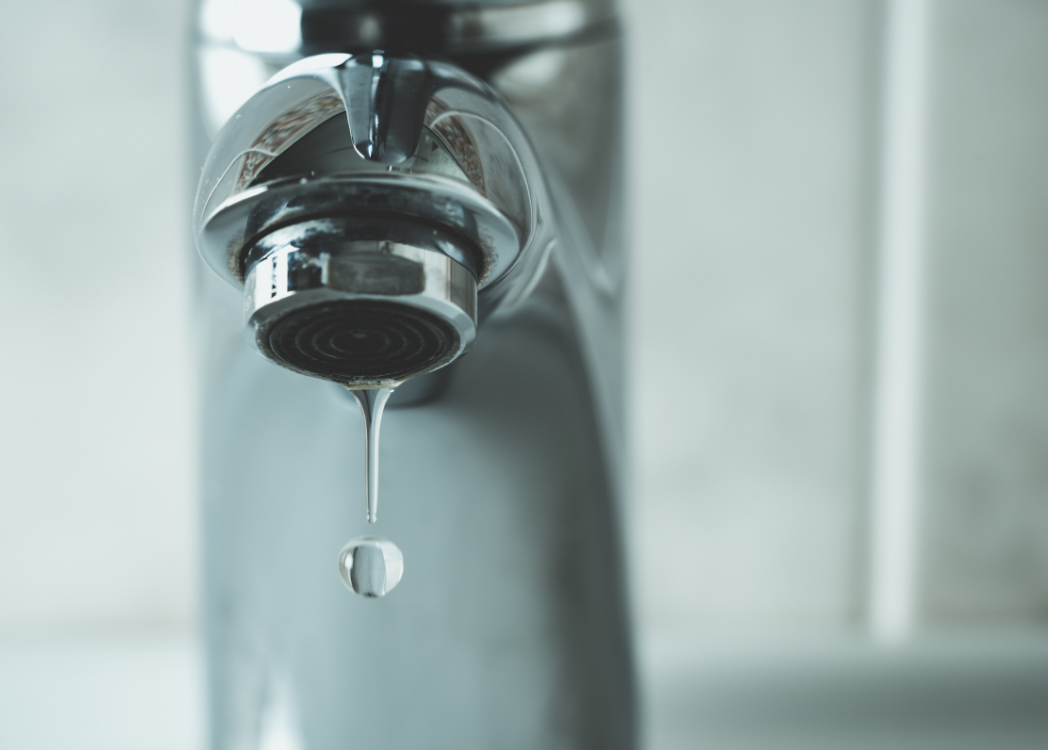
When to Call a Professional
While many noises have simple DIY fixes, call a licensed plumber if:
- The sound persists after basic maintenance.
- Multiple drains gurgle at once (possible main line blockage).
- You notice water discoloration, low pressure, or sudden spikes in the water bill.
- Banging or rattling is loud enough to shake walls.
Prompt attention can prevent leaks, burst pipes, and costly water damage.
Key Takeaways
- Banging usually signals water hammer or high pressure.
- Gurgling drains often point to clogs or vent issues.
- Whistling and hissing indicate worn valves or sediment buildup.
- Routine maintenance—insulating pipes, flushing heaters, and monitoring water pressure—keeps plumbing quiet and efficient.
Final Thoughts
Plumbing noises don’t have to be a mystery. By listening carefully and understanding the likely causes, you can address small problems before they become major repairs. A little preventive care and timely professional help will keep your home peaceful and your pipes in top condition.

